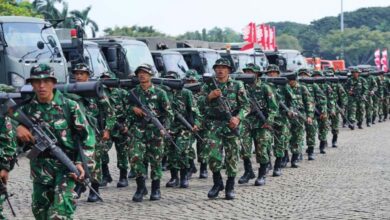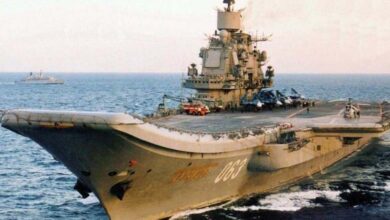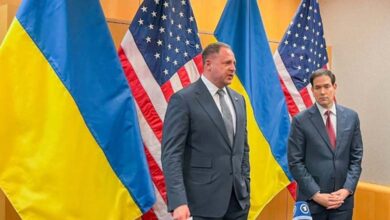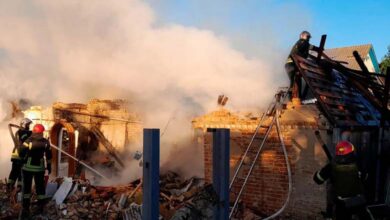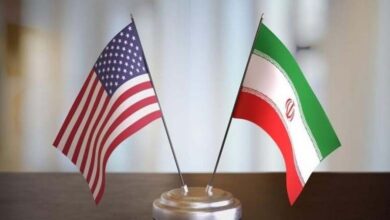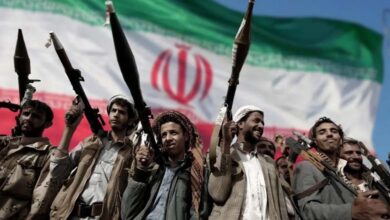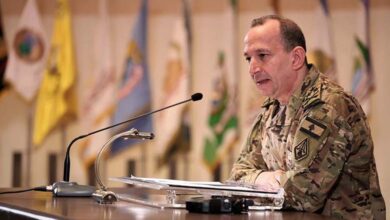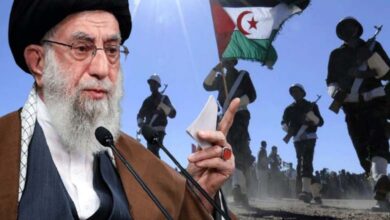Turkey and Qatar Compete to Reap the Benefits of al-Assad’s Fall
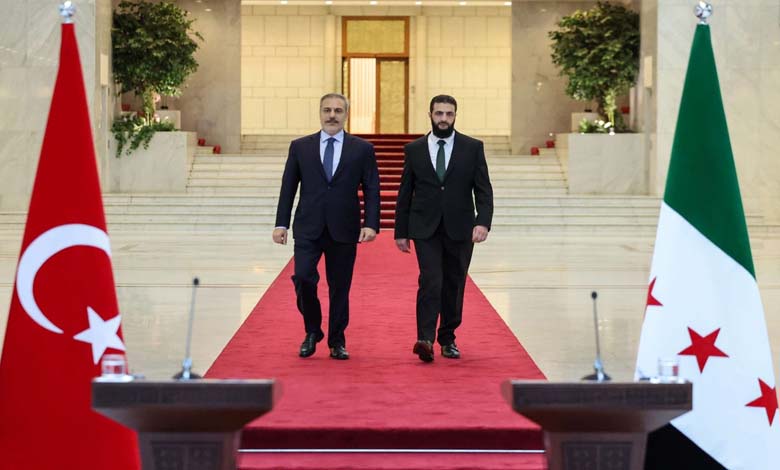
Doha and Ankara prepare to rehabilitate and operate Syrian airports as they race to secure the lion’s share of reconstruction contracts, in return for their support of the armed factions that toppled Bashar al-Assad.
Turkey and Qatar are active on multiple fronts in Syria, seeking political and economic gains as a reward for their backing of the armed factions that overthrew President Bashar al-Assad. They aim to block any competitors in securing reconstruction contracts, particularly for public service infrastructure, such as the rehabilitation and operation of Syrian airports, while expediting maritime border demarcation after years of deadlock caused by the civil war and disputes with al-Assad.
-
Key Leaders of the “al-Assad Regime”: Where Are They Now?
-
Decoys and Fake Helicopters: New Details Emerge About al-Assad’s Escape from Syria
Qatar is pursuing a similar path, having provided generous support to armed factions and remaining virtually the only Arab country to refuse rapprochement with the Syrian regime before its fall.
The current situation highlights an urgent race between the two allies to reap the benefits of their support for Syria’s new leadership. However, it remains unclear whether they have agreed on this course or are genuinely competing for reconstruction contracts and influence in the new Syria. The head of the Qatari delegation that met Ahmad al-Shara’a (Abu Mohammad al-Joulani), leader of the transitional political administration, affirmed Qatar’s readiness to support Damascus and the Syrian people across various sectors.
-
Al-Assad Revealed Turkey’s Role in His Overthrow to Iran
-
Secret Turkish Deals with Russia and Iran Accelerated al-Assad’s fall
On Tuesday, Doha called for the swift lifting of sanctions on Syria following the opposition factions’ overthrow of Bashar al-Assad on December 8. At a press conference, Qatari Foreign Ministry spokesperson Majed Al-Ansari stated, “We urge intensified efforts to expedite the lifting of international sanctions on Syria.”
This call came a day after a high-level delegation visited Damascus, reopening the Qatari embassy on Sunday, ending a 13-year break in relations between the two countries.
Al-Ansari added, “Qatar’s position is clear,” emphasizing that “it is necessary to accelerate the lifting of sanctions, as the reasons for imposing them no longer exist, having been based on the crimes of the former regime.”
-
Russia Reduces Military Presence in Syria Following al-Assad’s fall
-
The fall of Al-Assad Sparks Political Debate in Iran
Since the conflict began in 2011, Qatar has strongly supported opposition factions. Unlike other Gulf states, it has not resumed diplomatic relations with Syria under al-Assad, who was ousted by a coalition led by Hayat Tahrir al-Sham.
Western countries are now seeking an approach to deal with Syria’s new administration, waiting to observe its governance before lifting sanctions on Damascus.
Ankara, a supporter of Syria’s new authority, announced Tuesday its readiness to help resume commercial flights at Damascus Airport, following a similar offer from Qatar. Turkish Transport Minister Abdulkadir Uraloğlu stated in a video posted on platform X, “We have presented an action plan. As a first step, we will work with our national authorities to restart operations at Damascus Airport.”
-
The fall of al-Assad’s Regime: Will It Affect Russia’s Influence in the Region?
-
After Al-Assad’s Fall… Syria Closes Its Doors to the Houthis
According to Uraloğlu, neither of the two Syrian airports has radar systems to track aircraft in surrounding airspace. He also announced that Turkey “will play its role in ensuring the continued operation of railways to Damascus,” stressing that Ankara seeks to “revitalize the commercial potential” with Syria.
Qatar also offered on Monday to help “resume operations at the capital’s airport” and “ensure its maintenance during the transitional phase,” according to a Qatari official.
On December 18, the first flight since al-Assad‘s fall connected Damascus Airport with Aleppo, carrying 43 passengers.
-
“Bashar al-Assad’s Fall: The Map of Armed Groups Under the Banner of ‘Hay’at Tahrir al-Sham’”
-
Al-Assad’s Fall Weakens Iran but Doesn’t End Its Capabilities in the Middle East
The Turkish transport minister added that his country aims to reach an agreement with Syria on maritime border demarcation after a permanent government is formed in Damascus. Turkey maintains close contact with Syria’s interim administration, through meetings involving its intelligence chief, foreign minister, and Ahmad al-Shara’a.
Turkish President Recep Tayyip Erdoğan stated last week that Ankara would enhance its relations with Syria in areas including trade, energy, and defense.
-
Washington Warns al-Assad against Using Chemical Weapons in Response to His Defeats
-
Public Opinion Expresses Rejection of International Intervention and Casts Doubt on al-Assad’s Involvement in Chemical Attack


